
Former Google CEO Eric Schmidt Talks Synthetic Biology
Former Google CEO Eric Schmidt Talks Synthetic Biology
I recently interviewed two titans of technology, each from different worlds. Both have been listed among the 100 most influential people by Time.
Eric Schmidt was CEO of Google from 2001 to 2011, the decade the internet exploded. He also served as chairman of the board and later executive chairman of Alphabet, Google’s parent company. He remains a technical advisor to Alphabet, and serves on the board of both the Broad Institute and the Mayo Clinic. He’s also a science-focused philanthropist.George Church is a geneticist at MIT. Having helped develop both the gene-editing tool CRISPR and the first method for sequencing a genome, his work has largely defined 21st-century biology. His current projects include growing human organs for transplant and resurrecting the woolly mammoth.READ MORE: Synthetic Biology Has Raised $12.4 Billion. Here Are Five Sectors It Will Soon DisruptOur wide-ranging conversation centered on the intersection of synthetic biology and digital technology. The full-length video can be found on SynBioBeta.Here are three key takeaways I had from the discussion:
1. Schmidt survived graduate school on a government stipend and understands the value of basic scientific research.
Though now a billionaire many times over, Schmidt’s career began with a little bootstrapping from the federal government.
Specifically, while earning advanced degrees in computer science, he was supported by grants from the National Science Foundation and DARPA, the arm of the US Defense Department responsible for inventing the internet.“Frankly, I needed the money,” he explained.Fundamental science is still largely funded the same way today — large government agencies hand out cash to poor researchers who live at the forefront of knowledge. But under the current administration, federal spending on basic health-related research has been cut between five and seven percent. “That's insane,” said Schmidt, “because the number of people who are getting older has increased as a percentage.”“Discoveries take funds,” he noted. “Private philanthropy can make up some of it, but not as much as the government contributed. Through the Schmidt Family Foundation, he is pumping his own money into several areas of biological research, including modeling the structures of proteins and preserving the health of our oceans.2. Schmidt’s new Deep Life initiative is bringing machine learning to biology.“The reason my industry has done so well is that we operate in an all-digital world,” Schmidt said. “It's easy to come up with excellent movie recommendations or YouTube recommendations for you because we have millions of data points. We don't have the analogous amount of data in biology yet.”That’s because biological data — whether about nutrition, genetics or cellular behavior — is messy. It is “non-computable,” in Schmidt’s terms. But new approaches from the hot field of deep learning, including some developed just within the last year, are helping make sense of the mess.Enter Deep Life, an initiative by Dror Berman, one of Schmidt’s co-founders at his venture fund, Innovation Endeavors, aimed at finding and funding teams with big ideas for crunching numbers in biology. Selected teams “always have a combination of some kind of biological testing, where they're actually doing something in a lab, and either direct or indirect things which they are measuring using machine learning,” Schmidt explained.In other words, Deep Life is like synthetic biology: it’s accelerating engineering biology.“One way to understand synthetic biology is it's the marriage of biology and computing — you need both,” he said.
3. To grow, synthetic biology needs open standards and collaborative benchmarking.
Schmidt believes synthetic biology is in its “golden period” — packed with promise, yet still small enough to gather key players at conferences like SynBioBeta 2019. “You can build huge companies and huge careers over your lifetime — if you start them,” he said to the entrepreneurial crowd.But what’s needed for the nascent industry to grow?When the internet was small, it succeeded in large part because it was open, Schmidt argued. Early online businesses accepted data packets from competitors and routed them on for free. “In other words,” he said, “the people who were doing this design must not have told their CEOs.”More recently, the group ImageNet has compiled a free database of over 14 million photos of dogs, cats, plants and more for machine learning aficionados to work with. This valuable open resource, along with contests organized by ImageNet itself, have helped fuel the explosive growth of the entire A.I. field.Those practicing synthetic biology today should similarly adopt common, open standards, Schmidt said. Instead of hoarding results—as is often done in biopharma and biomanufacturing—shared protocols and common data formats would allow for faster development of new products.“It took a very long time for people to understand that this sharing model of software ultimately produced proprietary businesses,” Schmidt said.He believes it’s just a handful of years before synthetic biology comes up with a digital platform for a much faster design-build-test-learn loop. “I am certain with the quality of people you have, and the number of people working on this, plus the fact that people are collaborating, there will be a quantum jump in acceleration as a result of this platform.”That, he says, is why this is such a critical time in synthetic biology.Acknowledgment: Thank you to Ian Haydon for additional research and reporting in this article. I’m the founder of SynBioBeta, and some of the companies that I write about are sponsors of the SynBioBeta conference (click here for a full list of sponsors).
Follow me on Twitter. Check out my website or some of my other work here.Originally published on Forbes https://www.forbes.com/sites/johncumbers/2019/11/11/former-google-ceo-eric-schmidt-talks-synthetic-biology/



.svg)





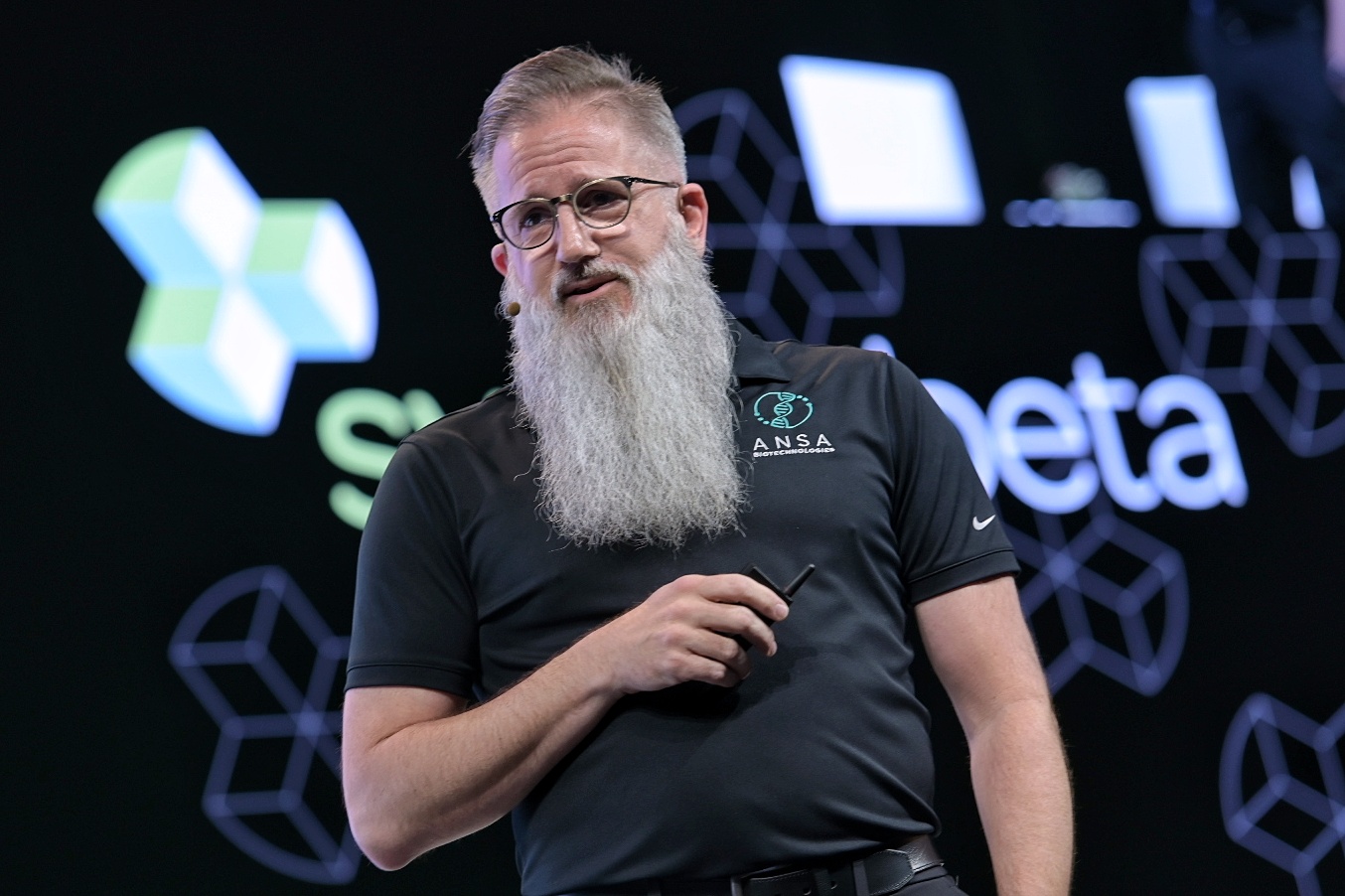
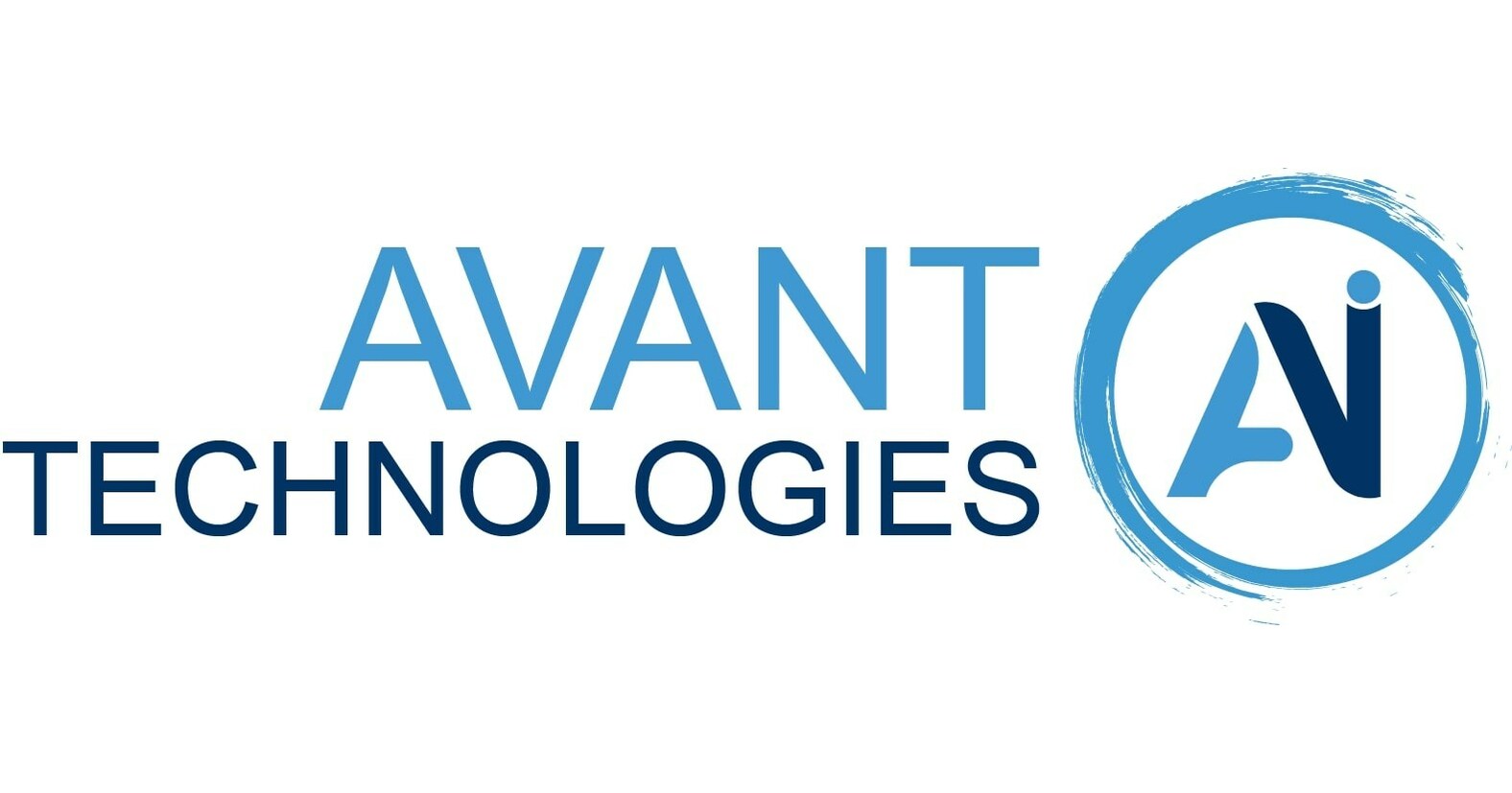
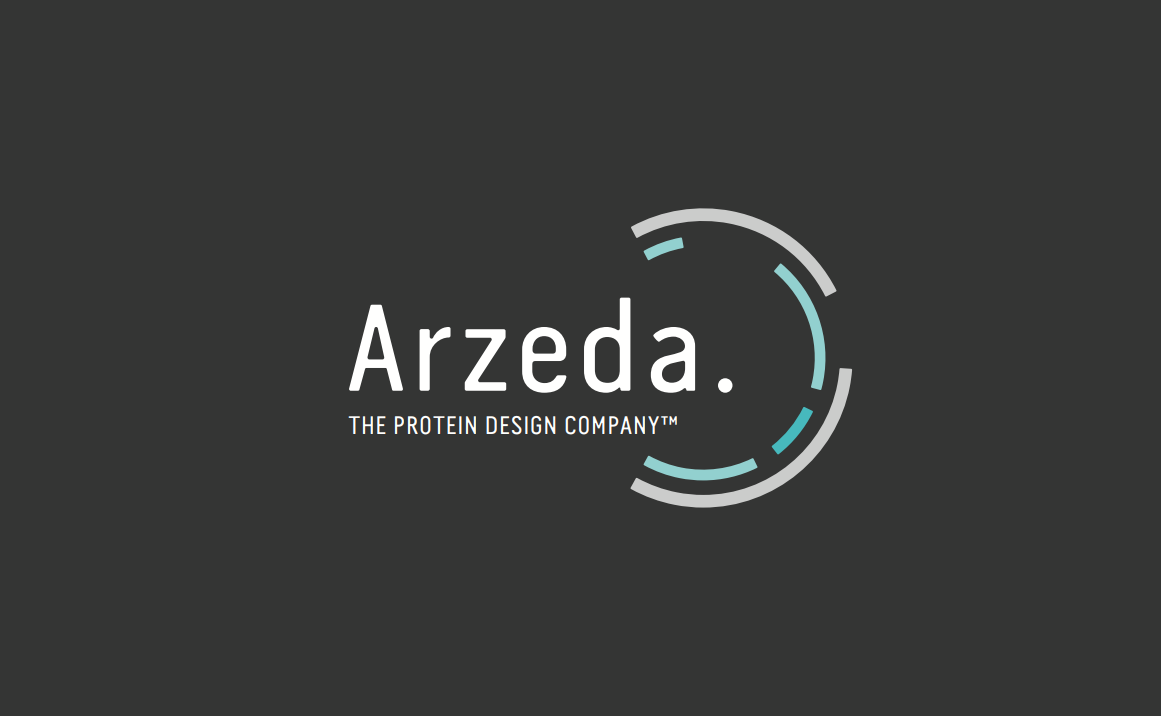
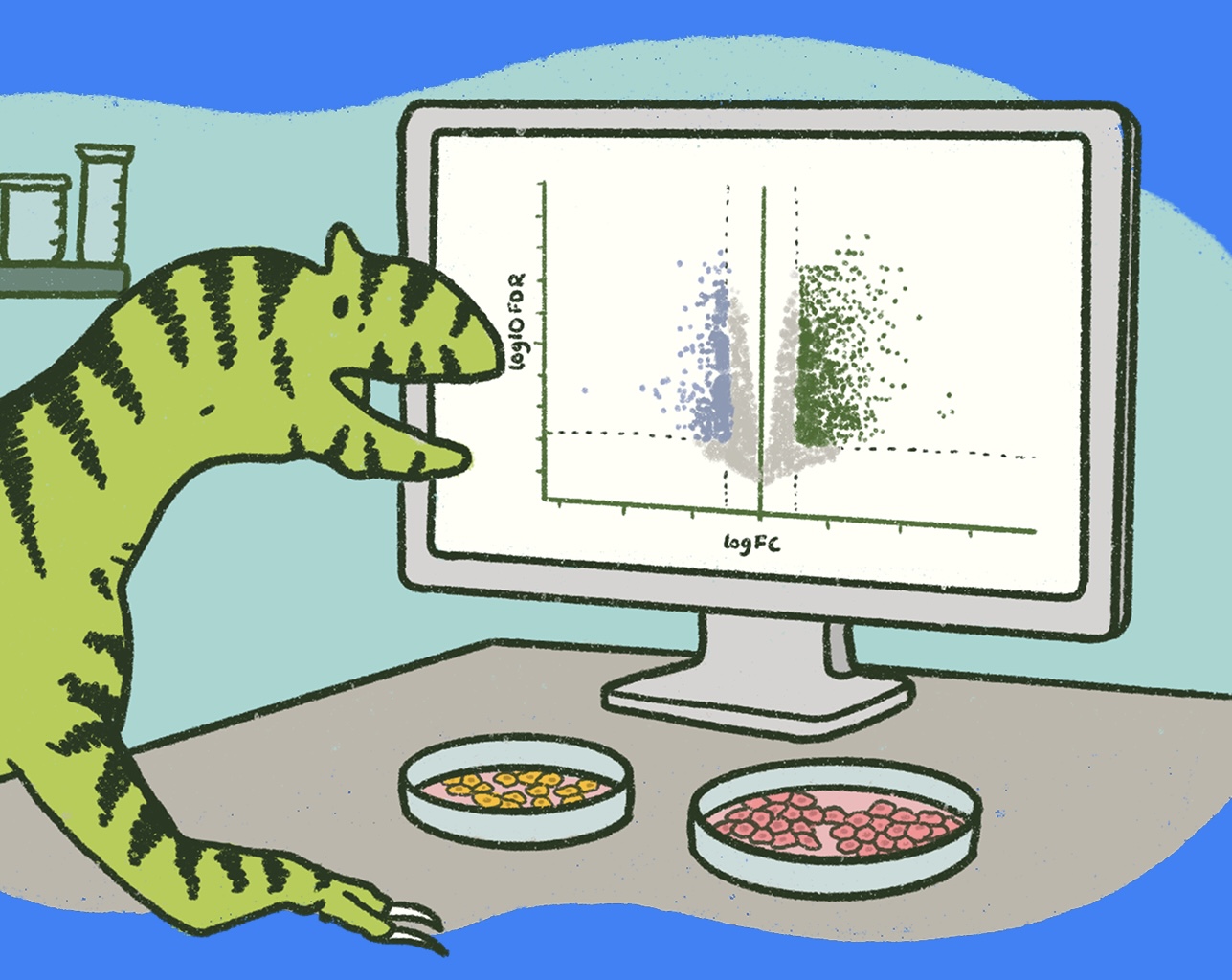
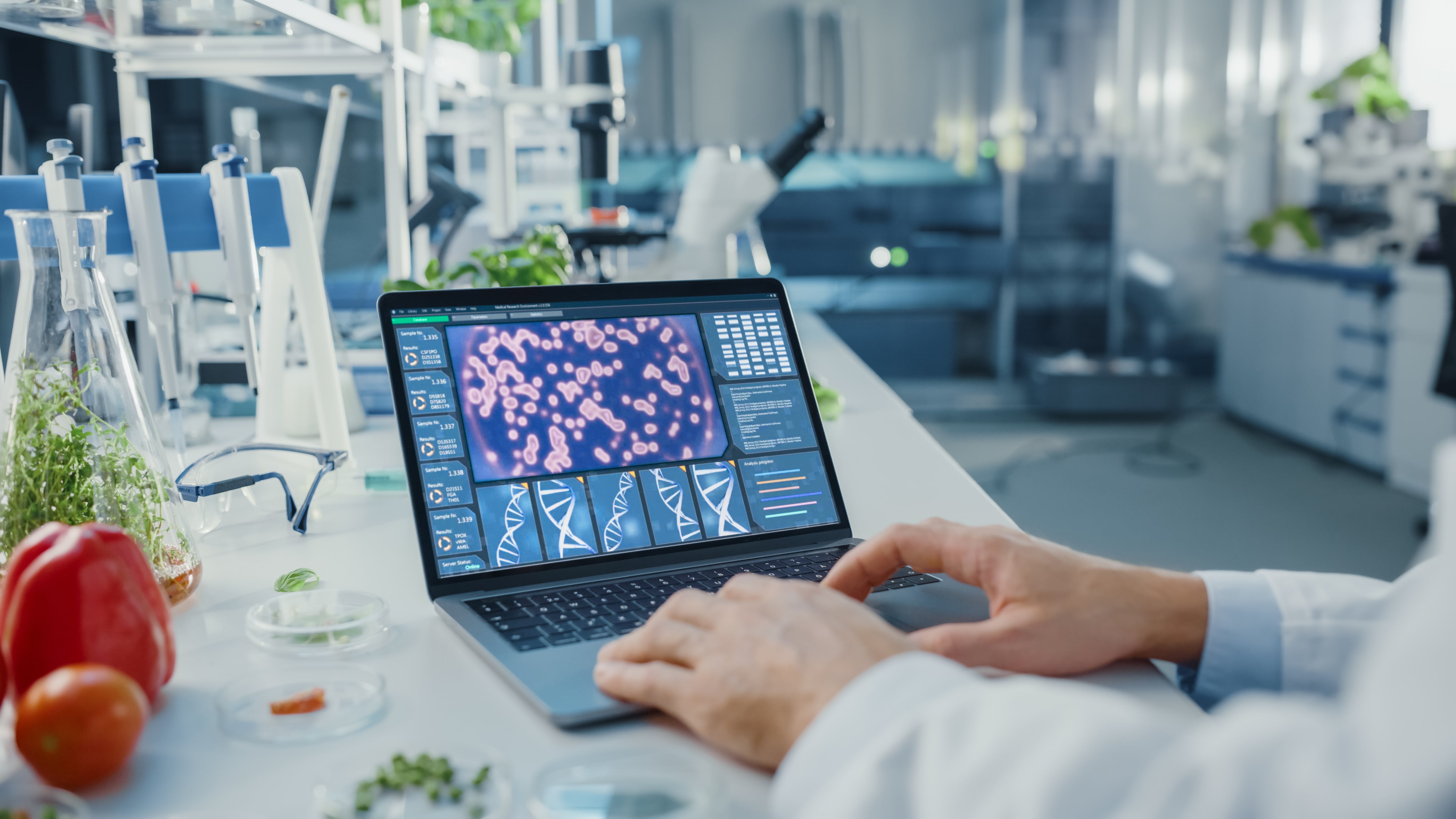
-min.png)
.gif)